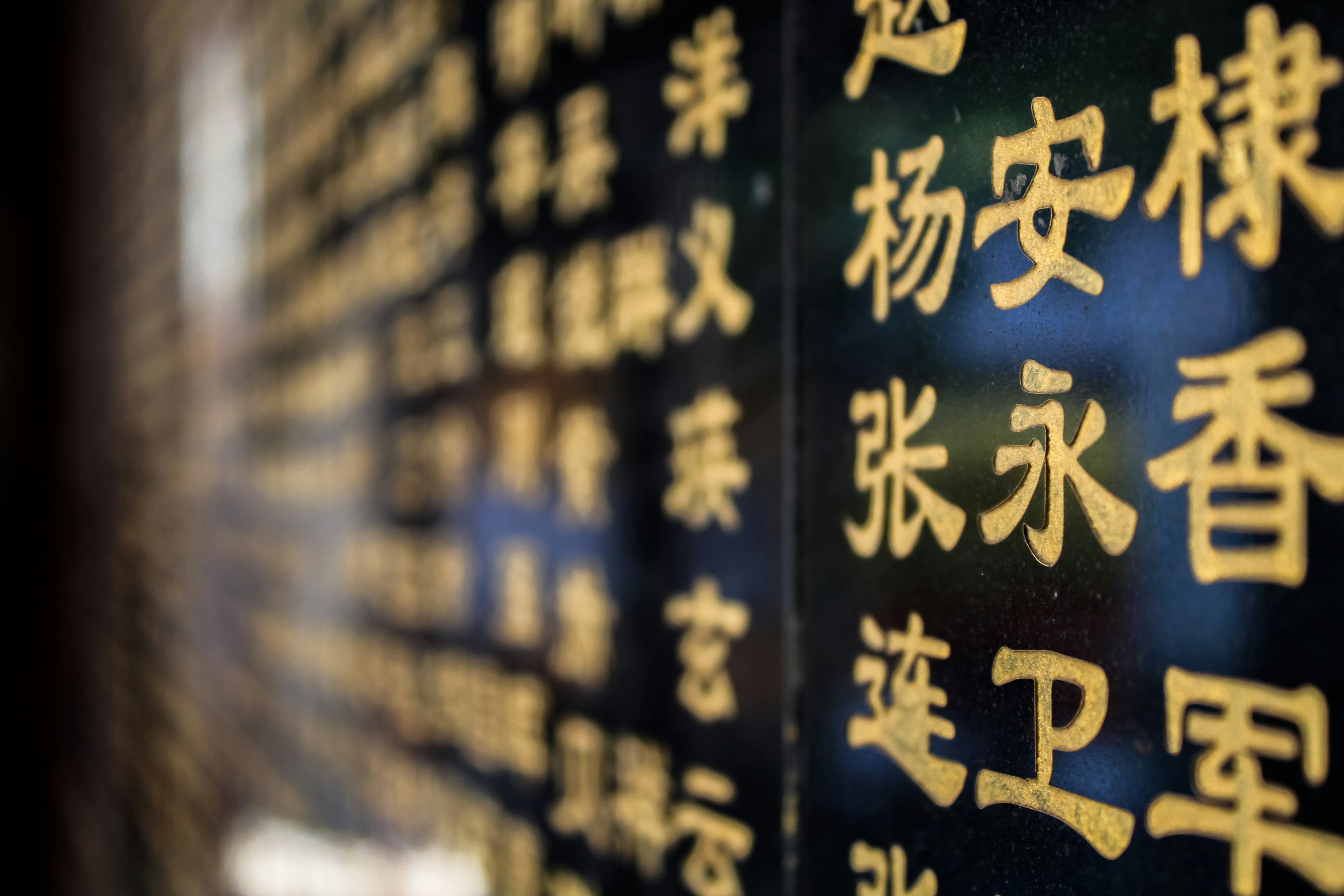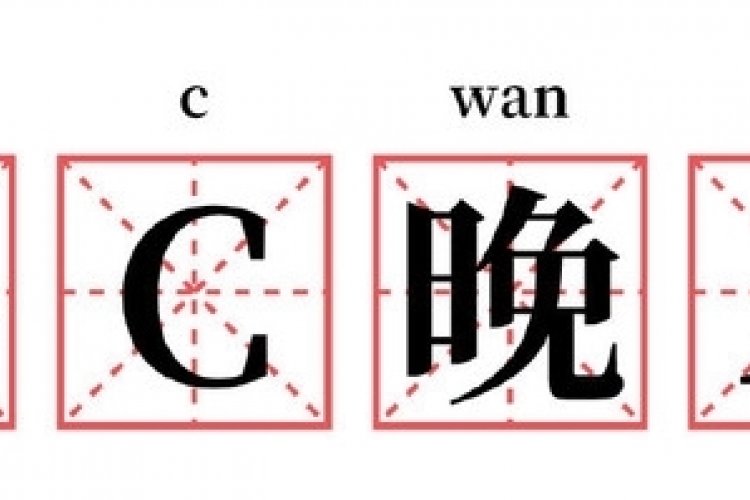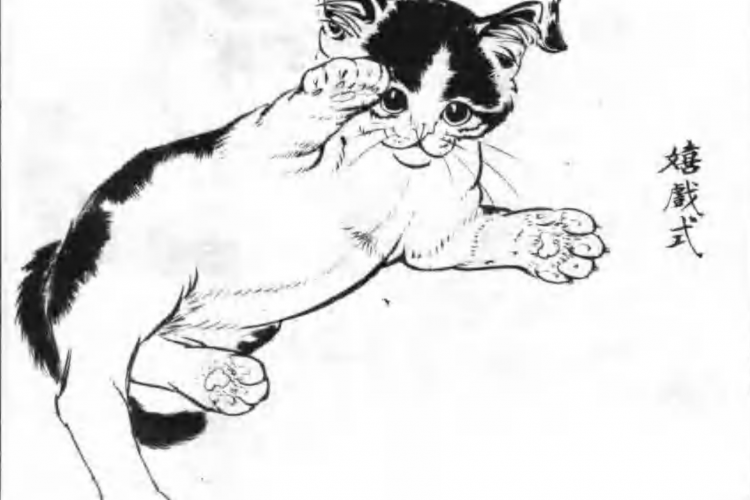Mandarin Monday: Can You Say This Chinese Tongue Twister?
If there’s one fun way to learn Chinese, it’s with tongue twisters and poems. This is especially true for ones using similar sounding words with different tones, like the one will focus on today, a poem about shi and si.
Both shi and si find themselves with multiple characters and meanings in Chinese, and if you don’t have a written character for reference, then you’ll have to go off the tone of the particular shi or si to get the meaning.
This is further confounded by the fact that, in some dialects, the h in shi is silent. This can make for quite the listening experience for Chinese learners who are still getting to grips with tones, with phrases like 是不是 changing from shì bú shì to sì bú sì, and numbers like forty (四十) changing from sìshí to sìsí.

Now for some practice here is: “4 is 10”, a sort of short poem with a little more than just shi and si, but shui, shuo, xi, and then some added in.
四和十,十和四,十四和四十,四十和十四。
sìhé shí ,shíhésì, shí sìhé sìshí ,sìshíhéshísì。
Four and ten, ten and four, 14 and 40, 40 and 14.
说好四和十得靠舌头和牙齿:谁说四十是“细席”,
shuō hǎo sìhé shí dékào shétou hé yáchǐ: shuí shuō sìshí shì “xìxí”,
It is necessary to speak well of four and ten by tongue and teeth: who said that 40 is a "fine seat",
他的舌头没用力;谁说十四是“适时”,他的舌头没伸直。
tāde shétou méi yònglì; shuí shuō shí sìshì “shìshí”, tāde shétou méi shēnzhí。
his tongue was not strong; who said that 14 was "at the right time", his tongue was not straightened.
认真学,常练习,十四、四十、四十四。
rènzhēn xué , cháng liànxí ,shísì、sìshí、 sì shísì。
Study carefully, practice often, 14, 40, 44.
But there’s more. To get a grasp of just how many times shi and si can be used in the same sentence, one need look no further than “Shi the Lion-Eating Poet”, which you can read here.
How fast can you read these tongue twisters aloud without missing a beat? Let us know in the comments!
READ: Mandarin Monday: 15 Essential Autumnal Words and Phrases
Images: Unsplash, 9610.com







